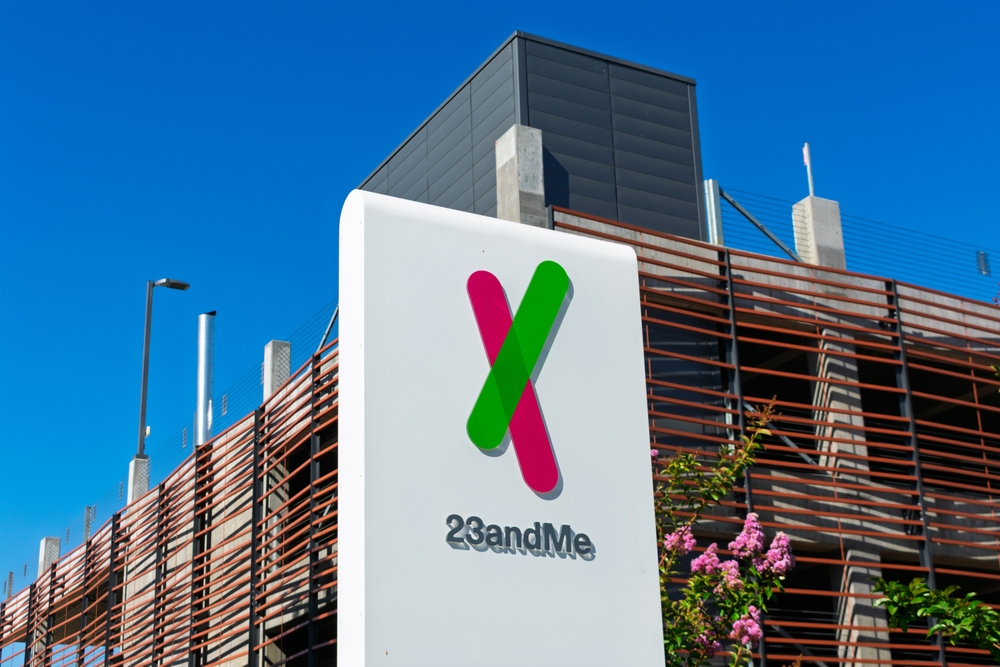In the digital age, your estate is more than just financial accounts and property—it includes…
What Happens When the Executor and Heirs Disagree?
There are rules that govern what the executor can and cannot pay themselves, but often the only way to resolve a dispute between the executor and heirs is litigation.
Here’s an example of what happens when things don’t go as planned in estate planning. A parent dies, and has left everything to his two children, with a best friend designated as the executor. The will stipulates that the executor is only to be paid fees for incurred charges. But then the executor decides that he deserves more, and cuts himself a check from the estate for $15,000. What, if anything, can the heirs do?
NJ.com recently posted an article, “Fight brewing over ‘best friend’s’ executor fee.” As the article explains, the state statute stipulates that 6% commissions may be taken on all income received by an executor, like interest and dividends. In addition, the executor may take commissions on all “corpus,” which is all the assets controlled by the executor that’s equal to 5% on the first $200,000, 3.5% on the excess over $200,000 up to $1 million, and 2% over $1 million.
The executor and the decedent can agree on additional or lesser amounts. The judge can also increase commissions upon application by the executor or decrease the commissions upon application by a beneficiary. Another possibility is that the executor signed a fee agreement where he waived the fee. In that instance, the agreement may be binding against the executor and enforceable by the beneficiaries of the estate. However, the beneficiaries would have to pursue that claim on their own with their own attorney.
An attorney who’s representing the executor would have a conflict of interest representing the executor in his capacity as executor of the estate and the beneficiaries in their claim against the executor.
What if a beneficiary believes that the executor had no right to commissions, either based on a contract the executor signed with the testator or because the services the executor rendered were “materially deficient” or that the actual pain, trouble and risk in settling the estate were substantially less than generally required for an estate of a similar size? In that case, you can ask the judge to reduce or eliminate the commissions.
Unfortunately, there is no cut-and-dried answer to this dilemma. If it comes to requiring litigation, the court will ultimately decide on the testator’s intent but it may not be as clear as the beneficiary thinks it is. The executor may end up being allowed to pay attorney’s fees with funds from the estate, which then takes a bite out of the estate that will eventually go to the beneficiaries. At the same time, sometimes circumstances or the law itself changes, and the court may enforce the intent of the testator, even if it’s different than what was written in the will. Every case is different.
Reference: NJ.com (April 17, 2017) “Fight brewing over ‘best friend’s’ executor fee”



